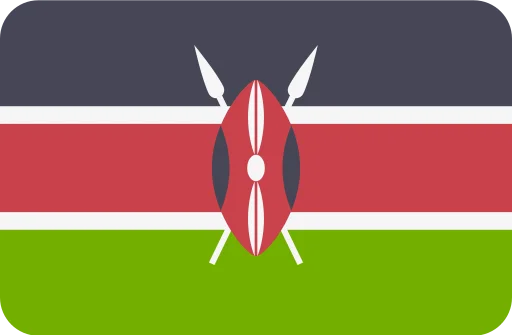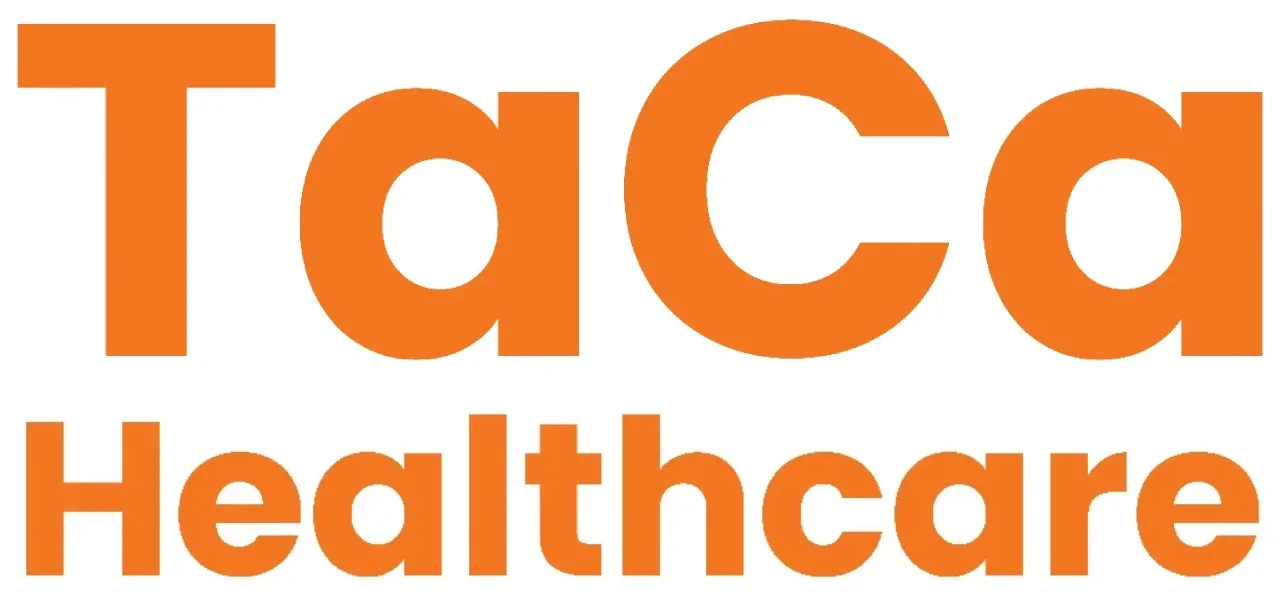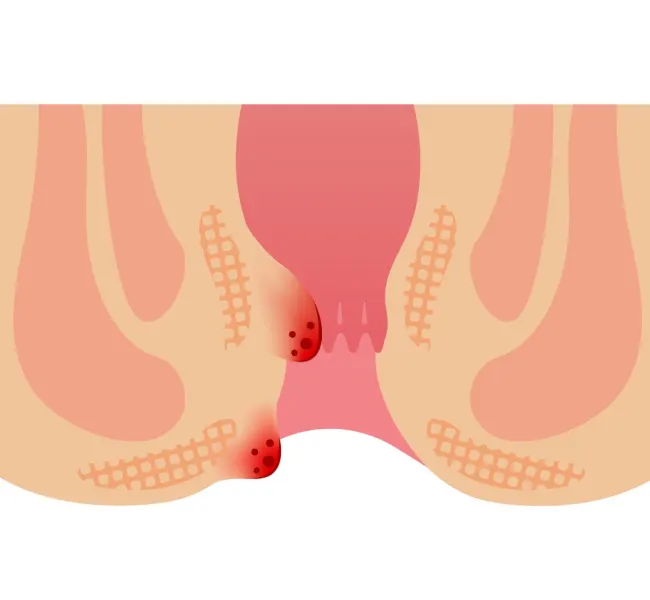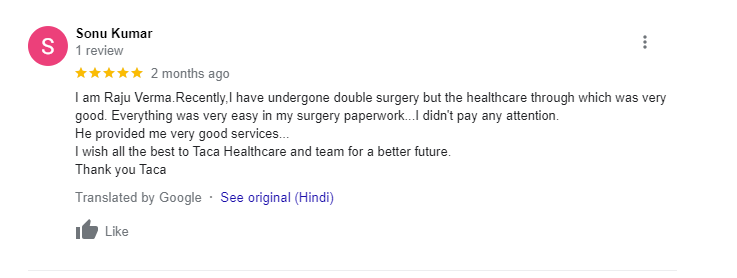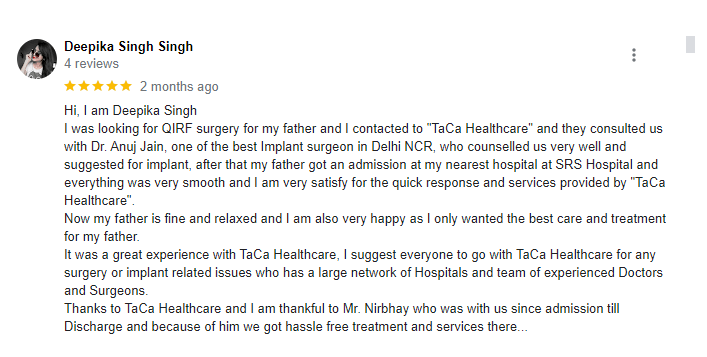What is an anal fissure?
An anal fissure refers to a split or injury in the lining of the anal canal. An anal fissure often results from constipation or exerting pressure while passing hard or large stools during bowel movements. This condition usually brings about discomfort and bleeding during defecation, accompanied by spasms in the anal sphincter muscle. Anal cracks may develop gradually or abruptly. They may also recover quickly or gradually.
Anal fissures are prevalent among infants but can occur across people of all age groups. In most cases, these fissures improve with basic remedies like adding more fiber to the diet or taking warm baths. However, certain individuals with anal fissures might require medication or, in rare instances, fissure surgery or fissurectomy surgery is required.
Anal fissures can be categorized as:
- Acute: Acute fissures might resemble a basic tear in the anus.
- Chronic: Lasting over 8–12 weeks, chronic ones might exhibit swelling and scar tissue. Treating chronic fissures can be more challenging and might involve an external lump around the tear.


